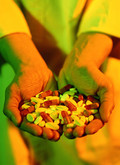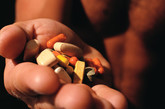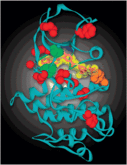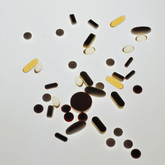Generics/Research
|
Posted 30/03/2018
In 2016, healthcare spending represented 17.9% of the economy of the US, a slight increase from 2015. By 2016, the average consumer in the US expended US$1,100 per capita on prescription drugs. Authors Katie McCarthy and Richard Hunter discuss the interconnections between the different types of product liability claims related to marketing and manufacturing of drugs in the pharmaceutical industry, rising drug costs, the increasing availability of generics in the marketplace. They also discuss several major cases and the outcomes of those cases as they relate to the social responsibility of drug manufacturers [1].




























